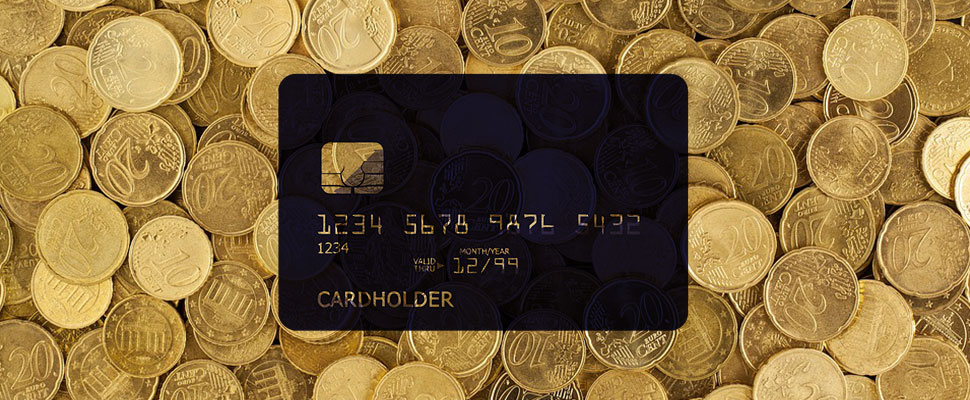An economy without banknotes: What will happen if cash is eliminated?
Many countries are rapidly reducing the use of cash, but your privacy or even your well-being may be at risk

Leer en español: Una economía sin billetes: ¿Qué pasa si se elimina el dinero en efectivo?
The Central Bank of Europe no longer produces 500 euro notes, and several European countries have established a maximum limit for making cash payments. In Italy and Portugal, for example, cash is accepted to pay up to 1,000 euros, after that you have to use cards, electronic payments or checks. Singapore also eliminated the largest denomination ticket a couple of years ago, and South Korea aims to eliminate the use of cash by 2020. The place where less cash is used today is Sweden, where only 1% of payments are made in cash, according to the BBC. In fact, in the Scandinavian country it is increasingly common to see notices that say "Cash is not accepted" at the entrance of shops and restaurants.
Leja em português: Uma economia sem notas: E se o papel-moeda é eliminado?
While setting aside money in cash can be useful for banks and governments, there are adverse effects for citizens. When all transactions are recorded, people lose privacy and the government gets a lot of information that could be used inappropriately.
The recent scandal of Facebook and Cambridge Analytica for the misuse of user information has rekindled debates about the tension between the use of technology and people's privacy. The difference is that anyone can leave Facebook if they believe their privacy is being compromised, but there is no such thing as getting out of the economy. Being left out is a different matter, but nobody wants to live without access to money.
Some of those who could be left out of an economy without cash are the elderly and the poorest. In November 2016, the Prime Minister of India declared that the 500 (7 USD) and 1,000 rupee notes would stop circulating and would have no value at the beginning of 2017. At that time, 112 deaths were registered associated with the measures of demonetization. According to the Huffington Post, some cases were suicides, but most were elderly people who died long lines at the banks to change the bills before they left circulation.
The poor can also suffer the consequences. Maybe not in Sweden, but in less developed countries millions of people depend on cash to buy the basic things they use on a daily basis. Not everyone has phones with internet access or digital wallets, so in a cashless society, people who do not have access to banking services could end up being "second class citizens", as Bloomberg warns. In Latin America, for example, less than half of the population uses banking services.
Governments around the world argue that the main objective of reducing the use of cash is to fight against organized crime and terrorism. Being anonymous, cash transactions facilitate illegal money movements. However, it can be very optimistic to think that big illicit businesses like drug trafficking and human trafficking are going to disappear because they do not use bills. In the report "Cash, freedom, and crime", the German Bank notes that criminals can easily use alternative forms of payment, so eliminating cash has no major effect against illegality.
Another frequent argument is that, without cash, it is easier to collect taxes. In theory, greater control of transactions should reduce tax evasion, although there is still not much evidence to support that argument. Those who support the elimination of banknotes also talk about the environmental benefits and the ease of electronic means of payment. However, we must take IGNORE INTO account the investments in infrastructure that this requires and the vulnerability of the system to any interruption in communications or the supply of electricity. Some even argue that cash should be eliminated for hygiene since the notes carry too many germs.
The truth is that cash is still an important and popular means of payment, a large part of the world's population still trusts bills and needs them. In addition, the consequences in terms of privacy, security and human rights have not yet been examined with care, and the social costs of eliminating cash could be greater than the benefits, at least in the short term. It may be that the future of the economy is to be rid of banknotes, but to get there, we will have to use complementary measures that allow the most vulnerable people to adapt to the changes.
Latin American Post | Paula Bautista
Translated from "Una economía sin billetes: ¿Qué pasa si se elimina el dinero en efectivo?"





